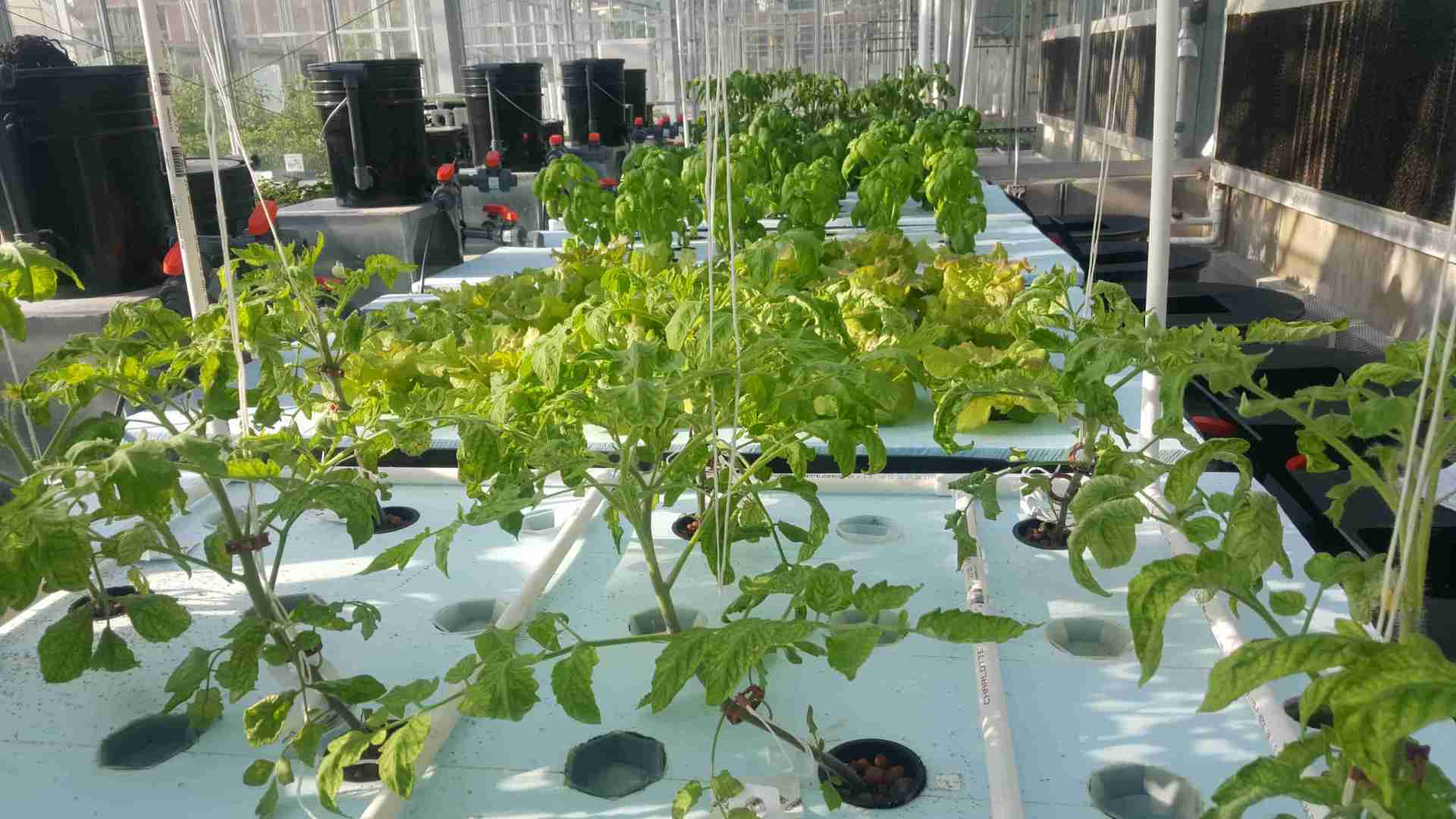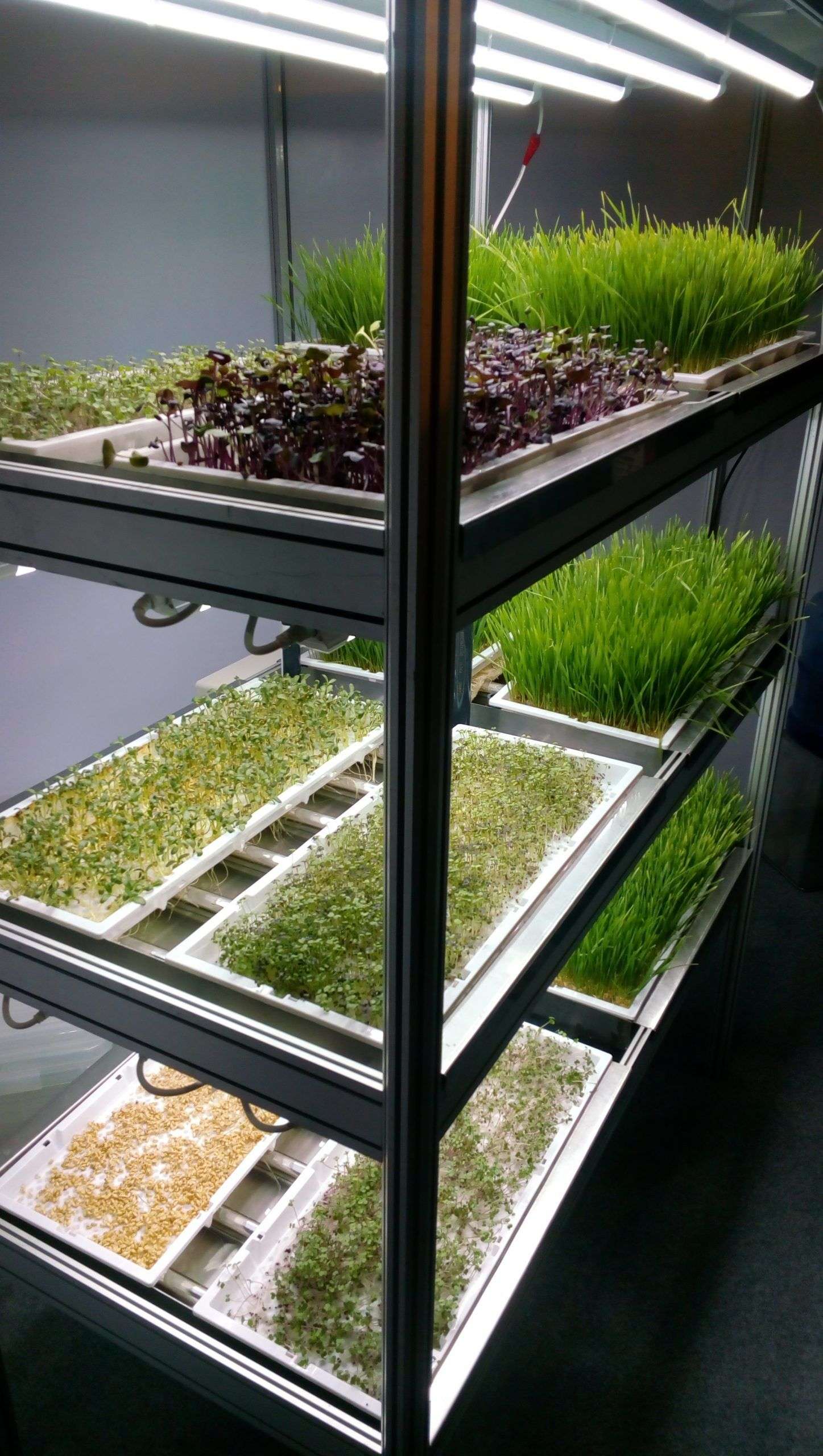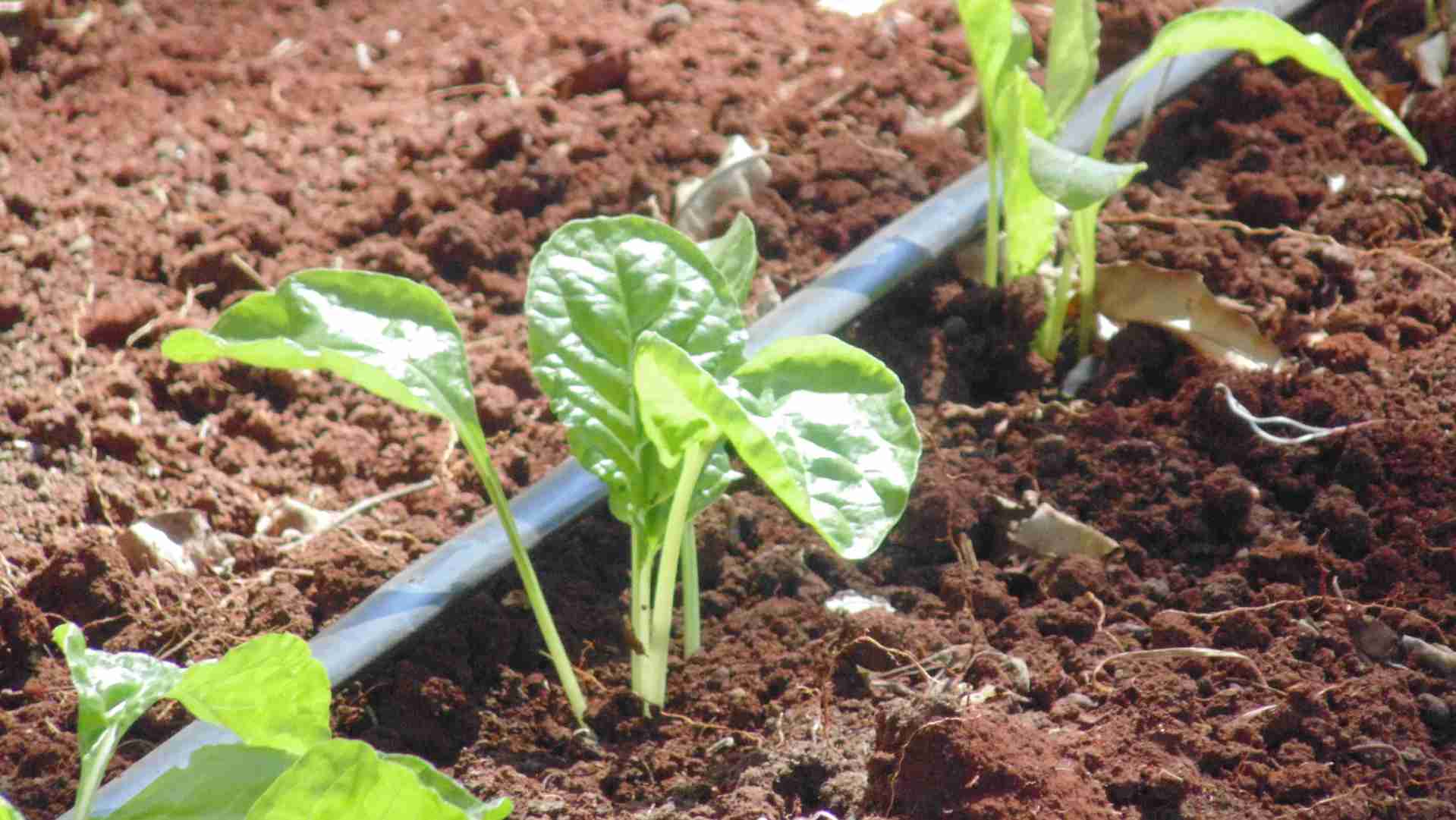Elimination of guesswork in farming with a simple soil test
Soil test is the analysis of soil samples to determine the nutrient and contamination levels, composition, and other characteristics such as the acidity or pH level. Soils contain the nutrients, water, and living organisms that help create healthy and sustainable farms. A basic soil test gives readings on the soil pH, phosphate, potassium and magnesium levels. Soil pH is one of the most important tests; it measures the alkalinity or acidity levels of the soil. Adjusting the pH of the soil ensures proper nutrient uptake and plant health. It plays a big role in the availability of nutrients to plant roots, nutrient run-off and leaching and microbial efficiency.
A pathology test analyses common fungi and bacteria, existing in the soil that might adversely affect your crops. Based on the results, we give you recommendations on the right product to use. Soil samples can be done for diagnostic or routine purposes.
The process involves taking a small sample of your soil which will be used to show the true variations of the chemical composition within the field. Results from the soil tests will guide help the farmer apply the right amount of fertilizer and lime while meeting the nutrition requirements of the crop and still making use of the available nutrients in the soil. Above all, it will save the farmer a lot of money.
Diagnostic soil sampling is done when a farmer attributes low productivity of his land to a pathological problem. Routine soil samples are done when a farmer is interested in knowing the status of the soil prior to planting in so as to implement the necessary precautionary measures.
Here is an example of a pathology test result scale:
0 Not detected
1 Starting infection
2 Light infection
3 Moderate infection
4 Infected
5 Severely infected




